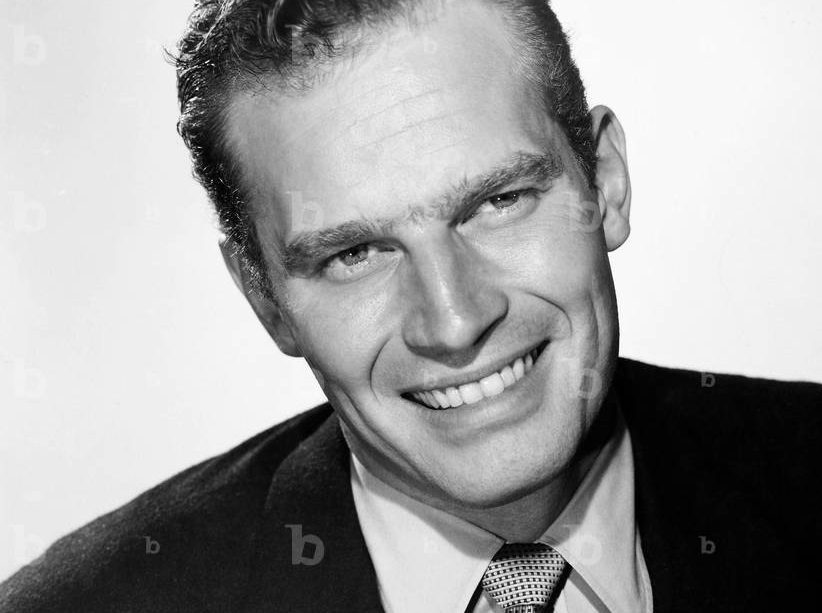Celebrating the Legacy of Charlton Heston

Introduction
Charlton Heston remains an iconic figure in the world of cinema, known for his larger-than-life roles in epic films and his passionate activism. His contributions to film and his staunch advocacy for various causes continue to resonate today, making an exploration of his life and work not only relevant but essential for understanding Hollywood’s evolution and the cultural landscape of the 20th century.
Career Highlights
Born on October 4, 1923, in Evanston, Illinois, Heston’s career spanned over six decades. He gained initial fame in the 1950s with spectacular performances in films like ‘The Ten Commandments’ (1956) and ‘Ben-Hur’ (1959), the latter earning him an Academy Award for Best Actor. Heston’s portrayal of Moses and Judah Ben-Hur have become cultural touchstones, representing the pinnacle of 20th-century filmmaking.
His roles often depicted him as a heroic figure battling against adversity, showcasing his powerful screen presence and melodramatic style, which greatly influenced the genre of historical drama. Beyond these iconic roles, Heston was also active in television and theatre, receiving accolades for his versatility as an actor.
Activism and Leadership
Aside from his illustrious acting career, Heston was also known for his outspoken views on various social and political issues. He served as president of the Screen Actors Guild from 1966 to 1971, advocating for actors’ rights and fair treatment in the industry. His activism extended to civil rights, where he stood alongside leaders like Dr. Martin Luther King Jr. during the 1963 March on Washington.
In the later years of his life, however, Heston became a prominent voice in the gun rights movement, serving as the president of the National Rifle Association (NRA) from 1998 to 2003. This duality in his activism—championing both civil rights and gun ownership—has sparked debate and discussion about the complexities of his legacy.
Death and Posthumous Recognition
Charlton Heston passed away on April 5, 2008, at the age of 84. His death was widely mourned, and tributes poured in from fans and peers alike, highlighting the indelible mark he left on both cinema and activism. In addition to multiple awards and recognitions throughout his career, Heston’s legacy continues through film festivals, documentaries, and ongoing discussions about his life and contributions to society.
Conclusion
Charlton Heston’s legacy is one of a complex yet influential figure who shaped the film industry and contributed to significant social movements. Understanding his life not only sheds light on the history of cinema but also encourages conversations on the intersection of art and activism. As future generations reflect on Heston’s contributions, it is clear that his impact will endure well beyond his film roles, reminding us of the power of both the silver screen and the spoken word in shaping societal values.









